I Am Indigenous
We believe that what we’re doing is working when it comes to fostering an environment where our diversity is one of our greatest strengths, but we also believe we can and must do more to expand and enhance initiatives supporting our College community, as well as acknowledge and celebrate the unique differences that makes Red River Colleges so special.
Historically, Indigenous people faced barriers in the workplace and educational institutions. Declaring your Indigenous status — First Nations, Métis and Inuit — allows Red River College to maintain accurate information, supports the development of strategies, programming and practices, ensures under-represented groups are given the opportunity to participate equitably, and tells the College community you are proud to be Indigenous!
Here’s why some of your friends and peers are proud to declare their Indigenous identity:
I Am Métis
I am Métis and very proud of my strong Métis heritage, which guides my values. I believe strongly in my culture and the importance of working together for the success and empowerment of the next seven generations.
Tracy Brant
Pathway Liaison, School of Indigenous Education
I Am Algonquian, French Canadian and Polish
There was a time when I was afraid to say who I am when I was required to self-declare — now, with pride I check off the boxes for woman and Indigenous person. I have realized it does matter to represent who you are, as my roots and gender are who I am and are important.
Monica Morin
Indigenous Liaison, Indigenous Student Support and Community Relations
I Am Cree and Métis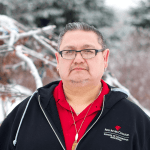
It’s important to hold on to my Cree and Métis ancestral heritage — and to pass on the value of knowing where we come from and our history to our students — so we can move forward in a proud and meaningful manner.
I am an RRC alumnus and I want to show our students there is a path that can help them move forward in their academic journey and into a better life.
Marshall “Shash” Richard
Navigation Coach, Indigenous Student Support and Community Relations
I Am Anishinaabe, Inninew and Métis
I am a proud Anishinaabe, Inninew and Métis woman. I want people to know that I am proud of my heritage and that I play a significant role in creating training and employment opportunities for students. I also want to help demystify stereotypes. I am Indigenous, I am educated, and I am making a difference.
Rebecca Chartrand
Executive Director, Indigenous Strategy
I Am Ojbwe
Maria Morrison nindizhinikaaz. Mishkosiminiziibiing nindoonjibaa. I am a mixed-blood Ojbwe woman and a band member of Big Grassy River First Nation in Treaty #3. Some aspects of how I define myself have changed over time, like becoming a mother or RRC employee, but my Indigenous identity has been with me all along and is an evolving journey of discovery and learning. Being proud of the uniqueness of who you are is key to confidence and happiness in all that you do.
Maria Morrison
Director, Indigenous Student Support and Community Relations
I Am Cree
I am very proud of my Cree culture and history here in Manitoba.
Despite the many challenges I have encountered in establishing my connections to my culture, I believe that encouraging diversity at the College will help all of us appreciate our own culture and encourage others to go back to their roots to find out more about where they came from. To me, diversity provides different solutions to the same problem and a chance to explore each other’s unique perspectives.
Frank Parkes
Transition to Employment Manager, Indigenous Student Support and Community Relations
If you’d like to self-declare your diversity, contact Priyani Mediwake, Diversity and Inclusion Specialist, or fill out a form in person at the Indigenous Support Centers (F205 NDC, P407 EDC).
Find out more about our Diversity Matters campaign ›
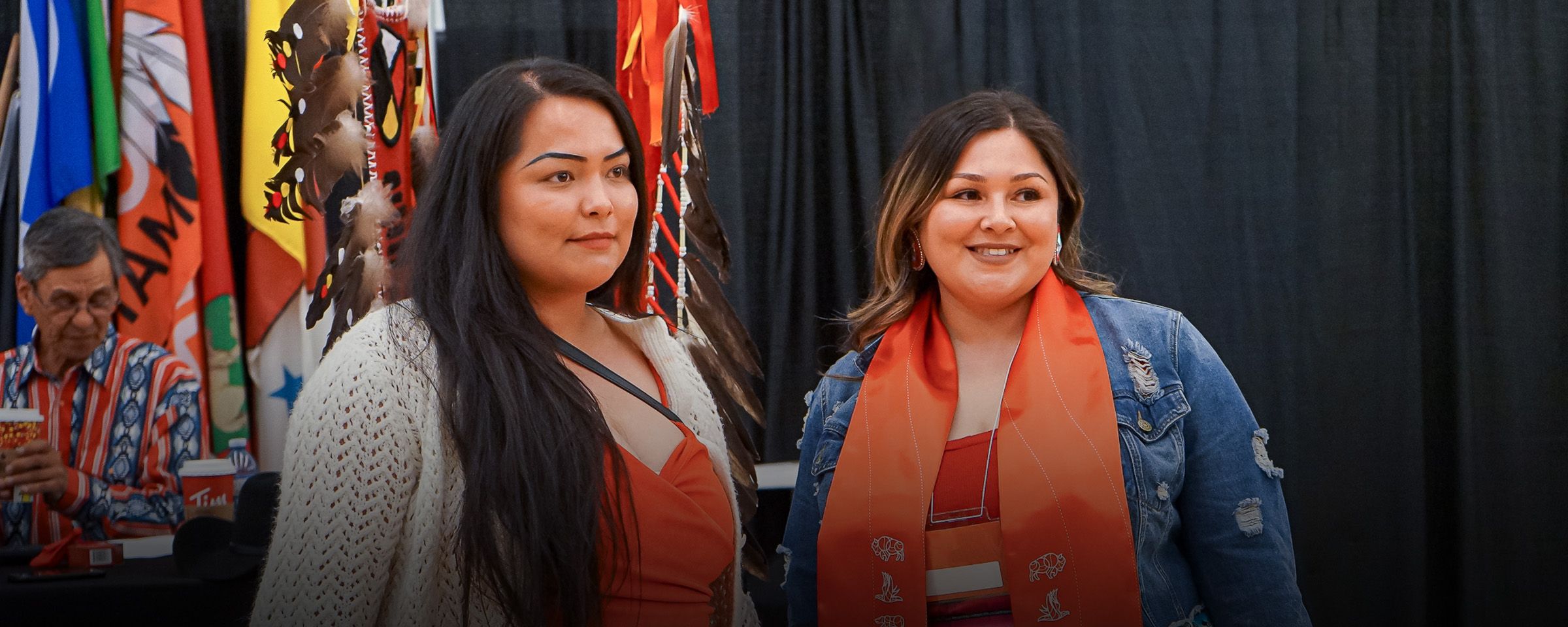
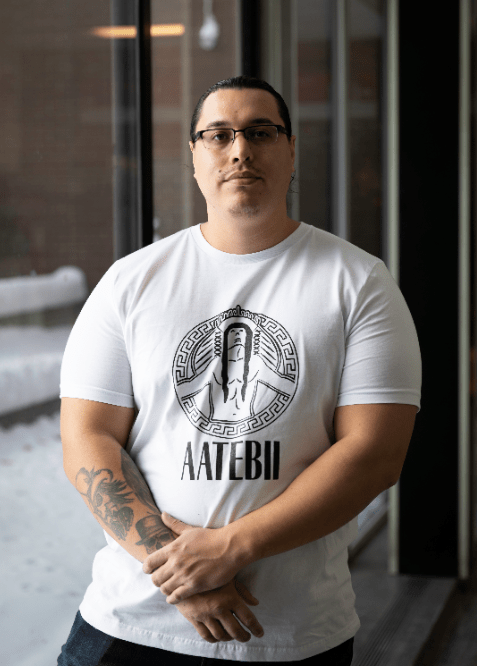 When RRC student Sean Rayland decided to start his sober journey, he wanted to find clothing that supported his new path. Unable to find what he was looking for, Rayland started his own line of apparel featuring empowering messages of community, spirituality and sobriety.
When RRC student Sean Rayland decided to start his sober journey, he wanted to find clothing that supported his new path. Unable to find what he was looking for, Rayland started his own line of apparel featuring empowering messages of community, spirituality and sobriety.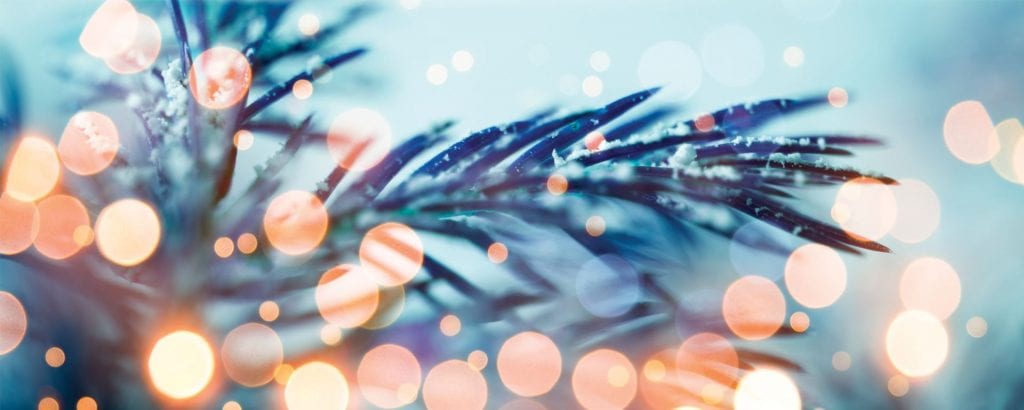
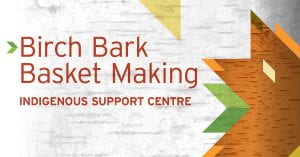 Due to the warm weather affecting supplies, please be advised of new dates for these workshops.
Due to the warm weather affecting supplies, please be advised of new dates for these workshops.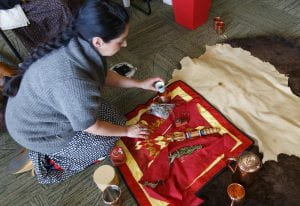 Red River College is pleased to announce a Truth and Reconciliation initiative to provide employees with deeper training and education on Indigenous decolonization and reconciliation through the Kairos Blanket Exercise.
Red River College is pleased to announce a Truth and Reconciliation initiative to provide employees with deeper training and education on Indigenous decolonization and reconciliation through the Kairos Blanket Exercise.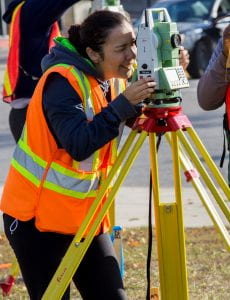 Curious about a career in Engineering Technology? Prospective Indigenous applicants are invited to a Pathway to Engineering Technology Programs Information Session. Meet instructors, current and former students, understand the opportunities the Pathway Program model offers, and learn more about Engineering Technology programs at RRC. Light snack and refreshments will be provided.
Curious about a career in Engineering Technology? Prospective Indigenous applicants are invited to a Pathway to Engineering Technology Programs Information Session. Meet instructors, current and former students, understand the opportunities the Pathway Program model offers, and learn more about Engineering Technology programs at RRC. Light snack and refreshments will be provided.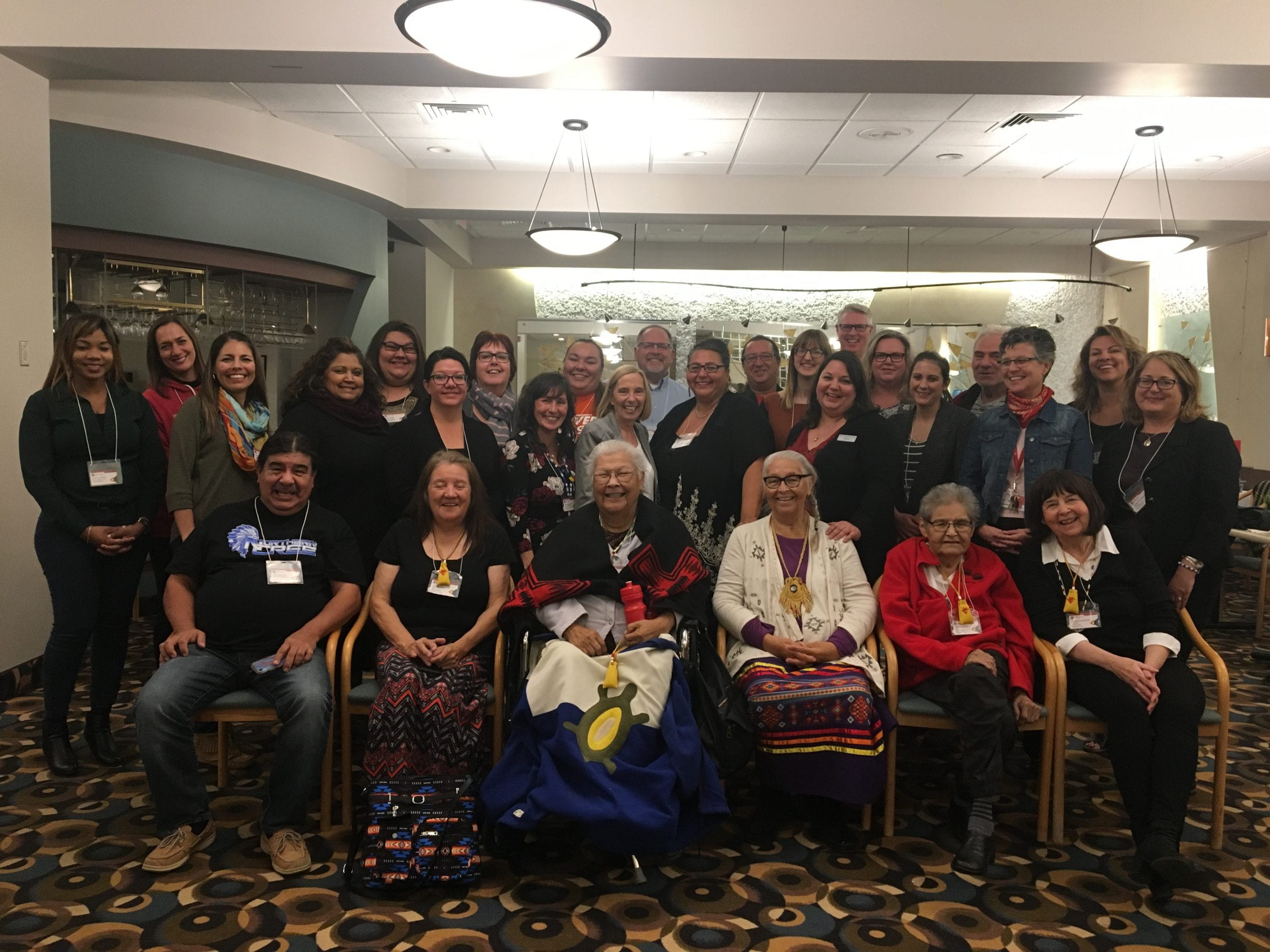
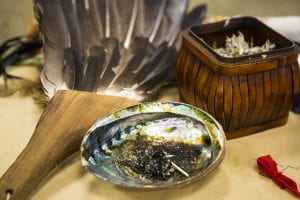 This September, connect with Indigenous Student Supports and Community Relations with fall events to kick off the new school year! Learn more about our supports, services, and Indigenous culture. All students, staff and faculty are welcome!
This September, connect with Indigenous Student Supports and Community Relations with fall events to kick off the new school year! Learn more about our supports, services, and Indigenous culture. All students, staff and faculty are welcome!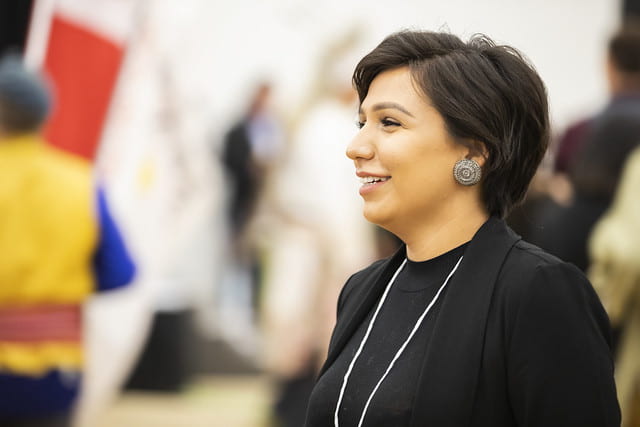 As part of its ongoing commitment to advancing Indigenous achievement, Red River will launch a new preparatory program at the Exchange District Campus this fall: Pathway to Business, Creative Communications and Digital Technology Programs.
As part of its ongoing commitment to advancing Indigenous achievement, Red River will launch a new preparatory program at the Exchange District Campus this fall: Pathway to Business, Creative Communications and Digital Technology Programs.